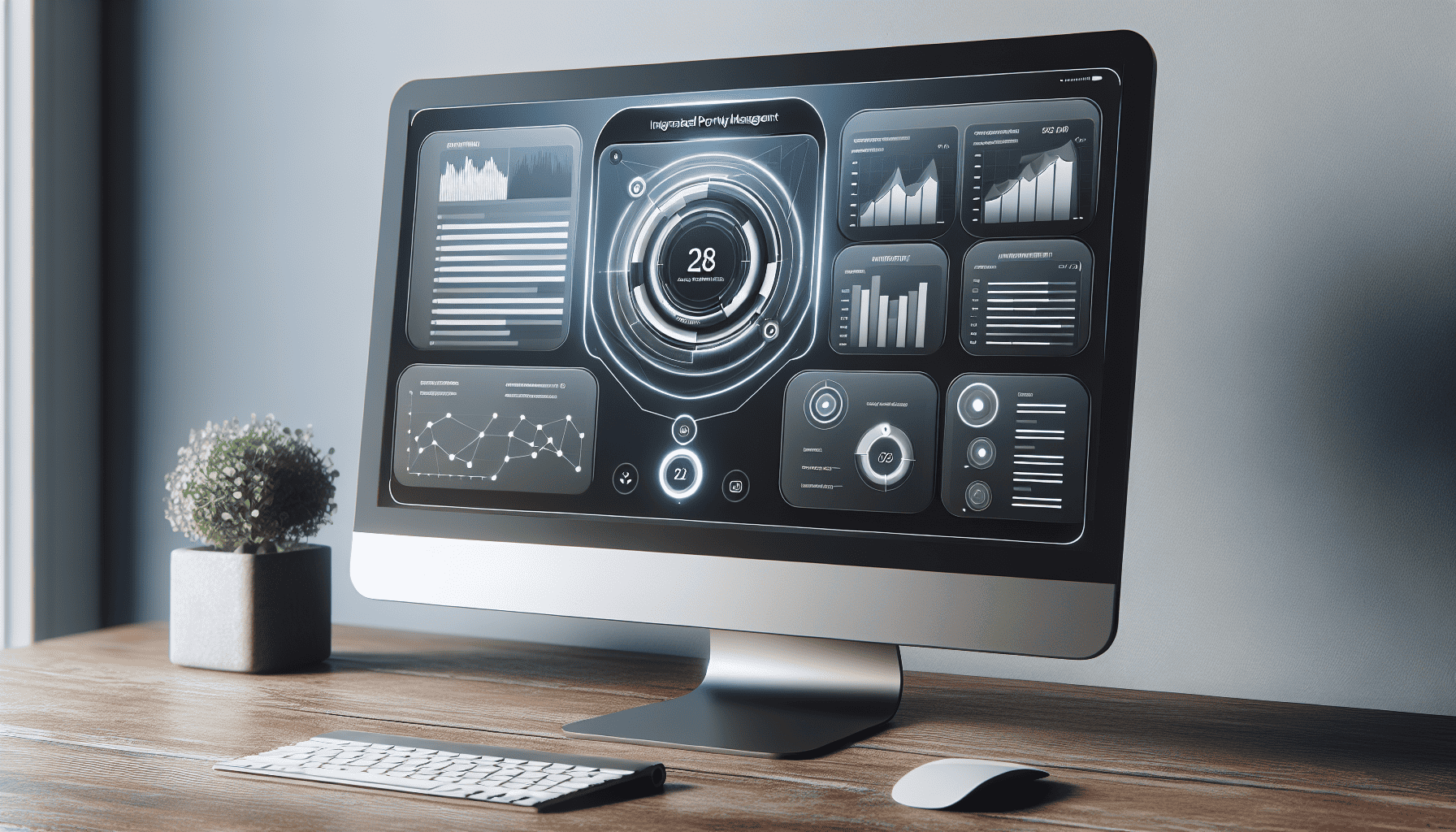In today's fast-paced digital world, property management can often feel like juggling multiple tasks at once. From tracking maintenance requests and managing tenant communications to keeping tabs on financial records and property listings, the demands are ever-growing. That's where an integrated dashboard comes into play, transforming the chaotic nature of property management into a streamlined, efficient process.
Imagine having a centralized platform that brings together all the essential components of property management under one digital roof. The integrated dashboard serves as this hub, providing property managers with an overview of their portfolio, operations, and interactions, all in one place. Its potential to revolutionize the way property managers operate cannot be understated.
First and foremost, an integrated dashboard offers unparalleled convenience. By merging multiple functions into a singular interface, it eliminates the need to switch between different software or documentation systems. Property managers can view critical metrics and perform tasks without the distraction of navigating through various platforms. This not only saves time but also reduces the risk of errors or oversight, as information and tools are readily accessible.
In terms of functionality, these dashboards are highly customizable to suit the unique needs of each property management company. Whether managing residential rentals, commercial spaces, or mixed-use properties, the system can be tailored to focus on specific priorities and operations. From lease management and tenant applications to billing and payment processing, customization allows property managers to zero in on what matters most to their business.
One of the most significant benefits of an integrated dashboard is improved communication. Tenant interactions are centralized, providing property managers with a comprehensive view of communications, including messages, notices, and requests. This ensures prompt responses and fosters better tenant relationships by addressing concerns and needs in a timely manner. Moreover, automated alerts and reminders support managers in meeting important deadlines and maintaining occupancy rates.
Financial management is another area where an integrated dashboard shines. Offering detailed insights into income and expenses, budgets, and forecasts, it empowers property managers to make informed financial decisions. Automated billing and payment tracking reduce paperwork and manual errors while ensuring that transactions are swift and secure. This not only enhances transparency but also contributes to the financial stability of the properties managed.
Maintenance management is seamlessly incorporated into the dashboard’s capabilities too. With the ability to log, assign, and track maintenance requests, managers ensure that properties are well-maintained without overlooking any necessary task. The inclusion of vendor management features further simplifies the process by tracking service providers and their performances.
In summary, an integrated dashboard transforms property management into a cohesive and efficient operation. By consolidating various functions into one user-friendly platform, it streamlines processes, enhances communication, and drives better decision-making. For property managers seeking to elevate their operations and provide exceptional service to tenants and owners alike, investing in an integrated dashboard is not just beneficial—it’s essential.
